- Headaches Overview
- Migraine
- Cluster & Tension Headaches
- Other Types of Headaches
- Appointment Prep
- View Full Guide
Ways to Prevent Migraines


Start With the Basics
Doubling down on good health habits helps prevent some migraines. Don't skip meals. Drink plenty of water. Be consistent about coffee, and you may not have to give it up. Sleep for 7 to 8 hours every night; you're more likely to have a migraine with less than 6 hours or more than 9. Regular exercise, especially cardio, will boost endorphins. Ease into your workouts with a warmup and end with a cool-down.

Nutrients
Having more of these in your diet may help prevent migraines:
- Magnesium, a mineral in greens, grains, nuts, and seeds
- CoQ10, an antioxidant in fatty fish and whole grains
- Riboflavin, a B vitamin in milk and beef
- Melatonin, a brain hormone that regulates sleep, in many plant-based foods like tomatoes, olives, walnuts, barley, and rice
Ask your doctor before you take them as supplements though.

Use an App
In one study, 87% of the people that used a diary found that they had their own unique cluster of triggers, about four each. A high-tech diary, such as an app, can both track and analyze what you record. This helps you focus your prevention efforts.

Monitor and Manage Stress
Write down your stress level at the end of each day. When it's higher than normal (a sign that a migraine is likely), ask your doctor if it’s a good idea to take your migraine medication. This may help you avoid getting one.
Yoga is great for easing stress. If you do it regularly, like 5 times a week, you may also get fewer migraines. Choose a gentle style like hatha or yin, not a challenging one like Iyengar or hot yoga.

Migraine Prevention Medication
If you don’t respond to other treatments and you have more than 4 migraine days a month, your doctor may suggest preventive medicines. You can take these regularly to reduce the severity or frequency of the headaches. These include seizure medicines, blood pressure medicines (like beta blockers and calcium channel blockers), and some antidepressants. CGRP inhibitors are a new class of preventive medicine that your doctor may recommend if other medicines don’t help.
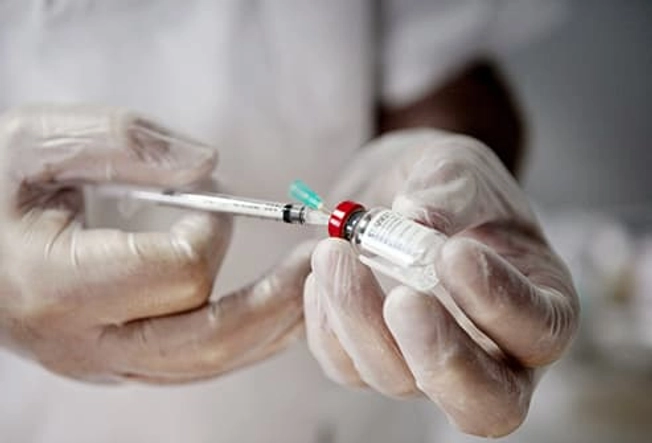
Botox
If you have chronic migraine, a series of onabotulinumtoxinA injections could give you relief for a few months. You'll get shots under the skin or into the muscles around your head, neck, and shoulders to interrupt the nerve signals for pain so you have fewer attacks. It doesn't work right away, it doesn't work for everyone, and it can be expensive.
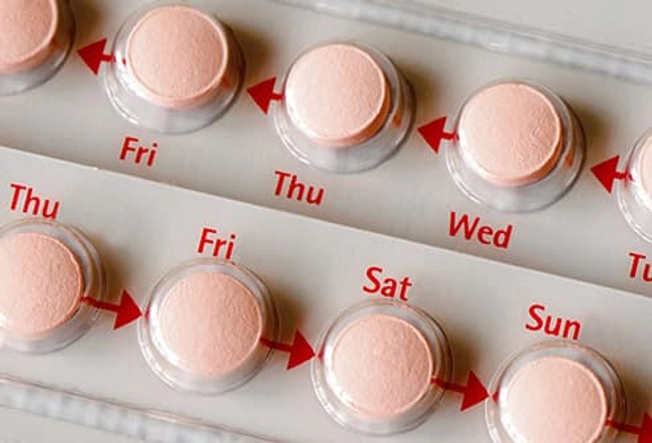
Be Aware of Your Menstrual Cycle
For many women, migraines follow a monthly pattern, often in the stretch before and during each period. Taking NSAIDs (like ibuprofen or naproxen) or your preventive medication for a few days before your period may help. If that doesn't work or your period is irregular, ask your doctor about using birth control pills continuously.

Watch the Weather
While you can't always avoid it, you can try to become less sensitive to elements that affect you -- like higher temperature, humidity, a drop in barometric pressure -- by facing them regularly and for gradually longer stretches. If you get migraines more often when you also have a stuffy, runny, or itchy nose, ask your doctor if antihistamines or allergy shots could help. Avoid decongestants; they can sometimes cause migraines.
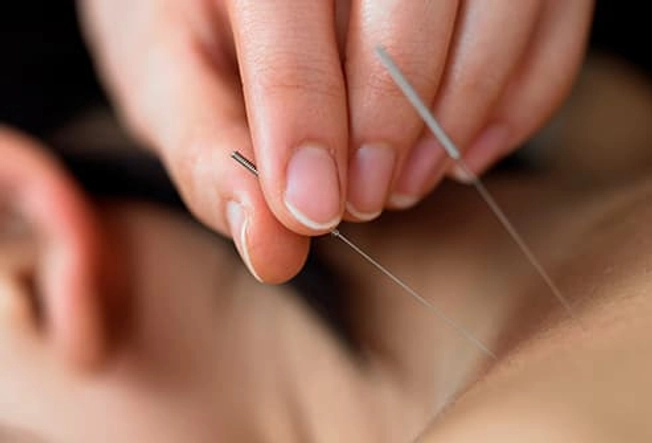
Acupuncture
In some studies, this ancient Chinese practice was effective for reducing the number of migraine headaches for many people. Acupuncture seems to be about as effective as some of the standard medical treatments in preventing migraines.
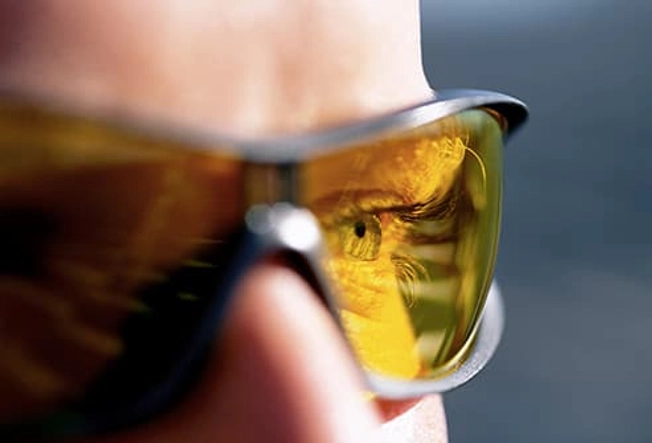
Tinted Glasses
Special lenses might help if your migraines are triggered or made worse by light. And they're available without a prescription.
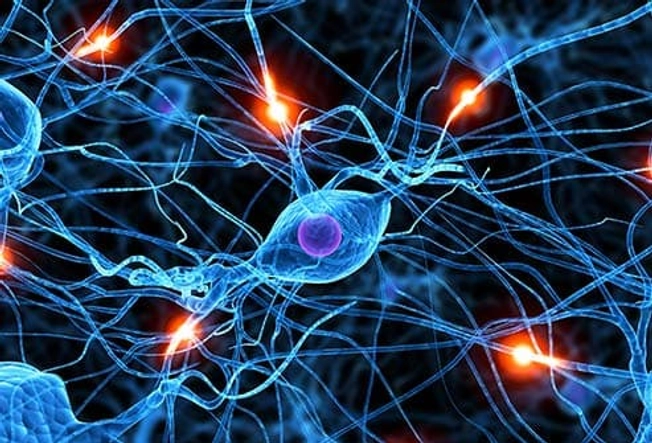
At-Home Devices
Hand-held gadgets send magnetic or electrical signals to certain nerves in your brain. Depending on the unit, you simply place it on your head or neck for a short amount of time. Over time, you may get fewer migraines and need less migraine medicine.

Review Your Medicines
Some prescription and over-the-counter products, from heartburn pills to antidepressants, have been linked to migraine. Check with your doctor to see if what you're taking could be a trigger. Adjusting the dose or changing problem drugs may lower the number of migraines you get.
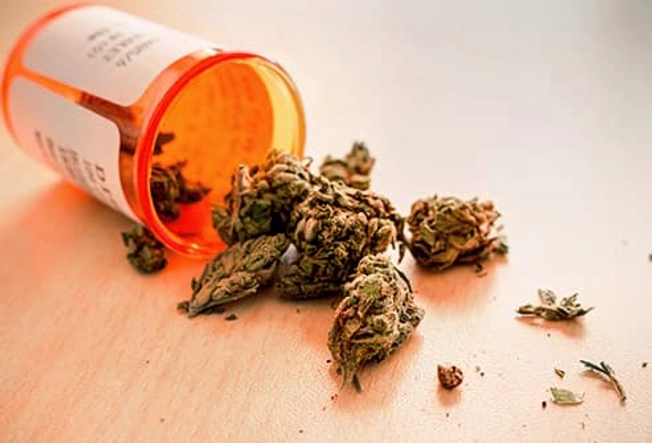
Medical Marijuana
If it's legal where you live, using a strain high in CBD may help prevent migraines. There is some limited research available that suggests CDB may help prevent migraines, but more research is needed

Don't Wait for Pain
Most migraines start with at least one symptom hours or even a day before a headache sets in. Common ones are yawning, a change in mood or irritability, fatigue, neck ache, and sensitivity to light. Take your migraine medication as soon as you notice any of these signs, and you may be able to prevent a full-blown attack.